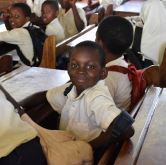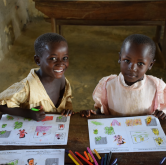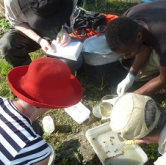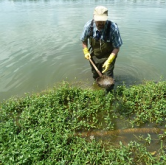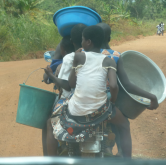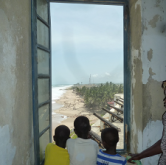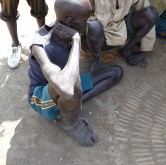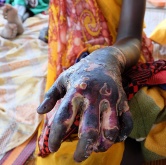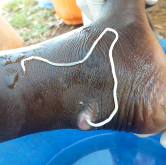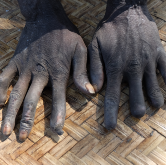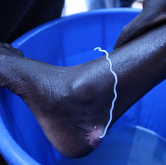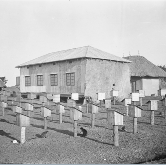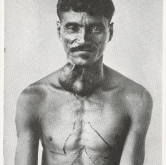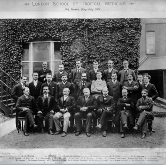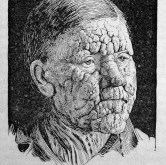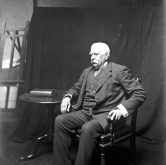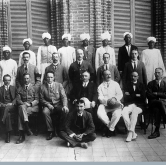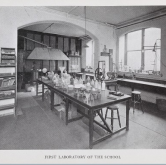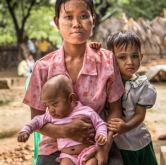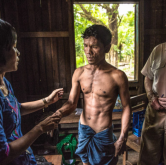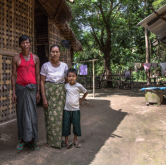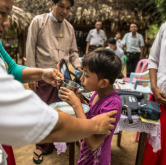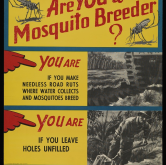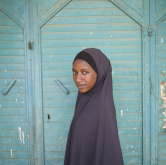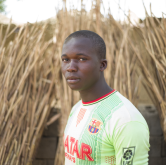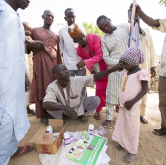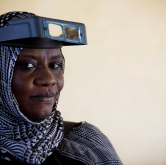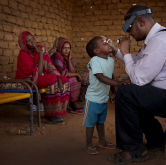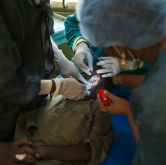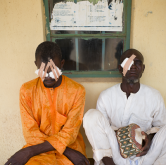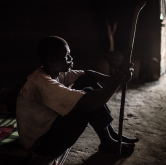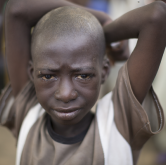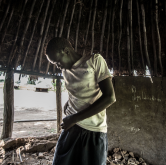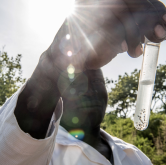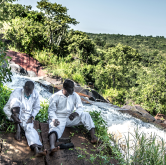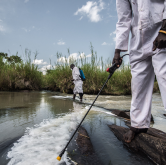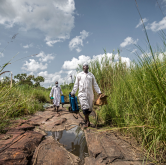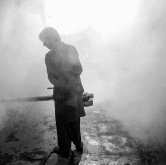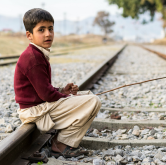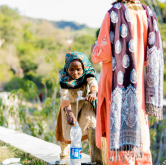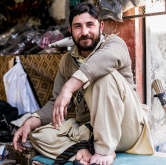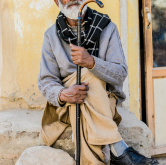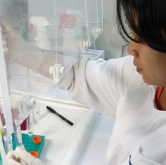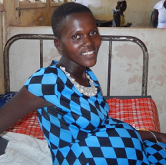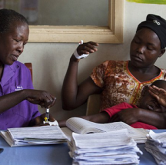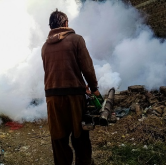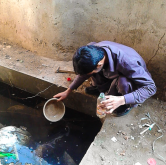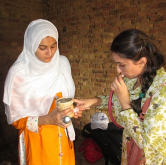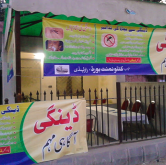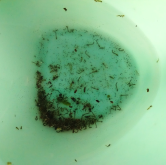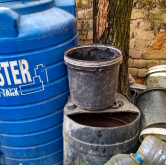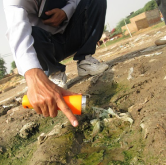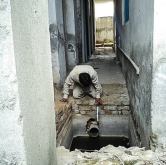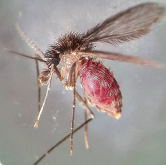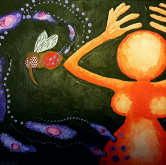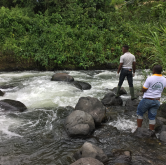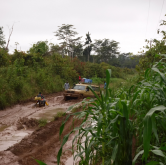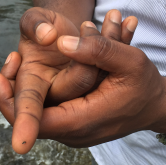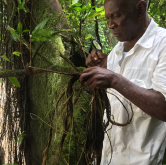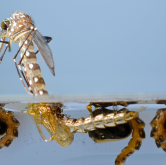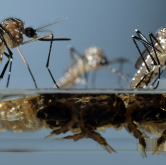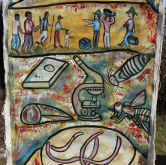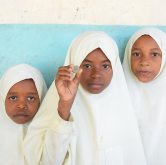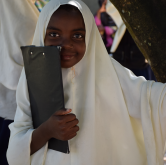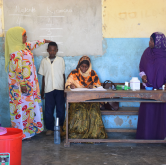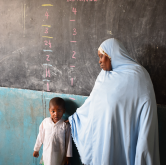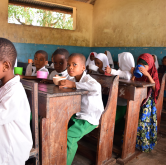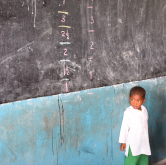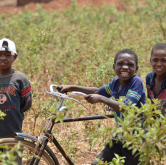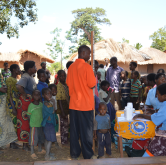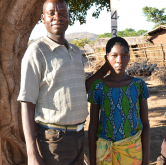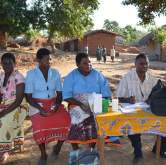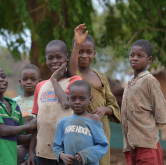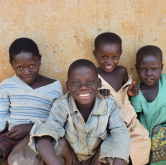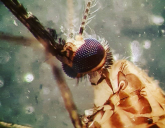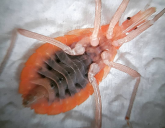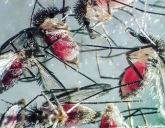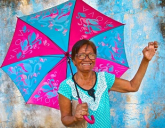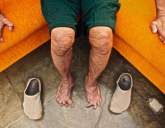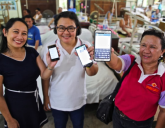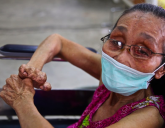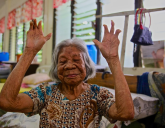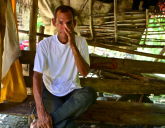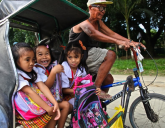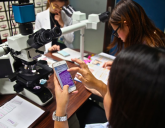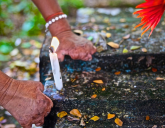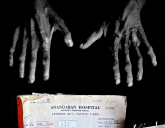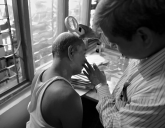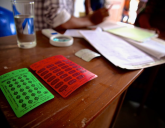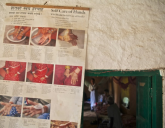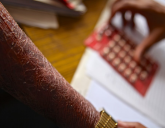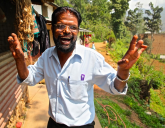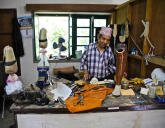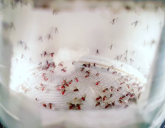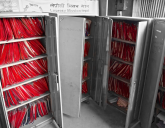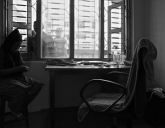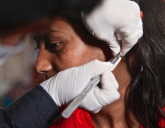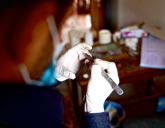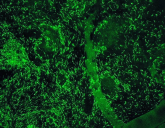ISNTD FESTIVAL
2019


SHOWCASE: PHOTO
Uzma Gull, Pakistan
I met 25-year-old Uzma Gull at the Antenatal Care Centre of Mother & Child Health (MCH) Abakhail at Kyber Pakhtunkhwa, Nowshera in Northern Pakistan. Uzma proudly showed me her bed which was outfitted with her new mosquito net. The 25-year-old mother Uzma was clearly excited to show me how she was keeping herself and her 5-month-old Adnan safe from malarial infection.
Uzma is a beneficiary of the Bed Nets Programme of the Mother & Child Health (MCH) Abakhail Kyber Pakhtunkhwa. The bed nets are important as pregnancy reduces a woman’s immunity, making pregnant women more prone to malaria infection and increases their risks of contacting diseases.
Photo by Pearl Gan
Jefrianus Elu (Central Timor)
A year ago 12-year-old Jefrianus Elu living in Central Timor noticed that much of his skin began itching quite badly. His parents sought and obtained treatment for him, but the condition worsened and spread to his younger brother and father, who now suffer much as he does. Jefrianus and his family have scabies, a parasitic mite that lives in skin. It is highly contagious in cramped living conditions and very hard to eradicate once established in a rural tropical home. They may get successfully treated but then re-infected at home.
Photo by Pearl Gan
Hasnain (Pakistan)
I met seven-year-old Hasnain at the Malaria Clinic while he was undergoing a follow-up appointment following his recovery from an acute malarial infection. Little Hasnain lives in the city of Karachi and was diagnosed with Plasmodium vivax malaria at the Indus Hospital in Pakistan.
Hasnain watches on as Dr Sadar Asif from the Malaria Unit patiently explains to the little boy’s father the need to test him for G6PD deficiency before treating him with primaquine. Dr Sadar proceeds to take the blood sample of Hasnain. The doctor tests for G6PD deficiency because this condition can lead to a serious reaction to the antimalarial drug primaquine, resulting in severe haemolytic anaemia. This routine test on all Malaria patients is a way of deterring G6PD deficiency to prevent patients from suffering from further attacks of Malaria.
Photo by Pearl Gan
Rani, Petrus & Maria (Indonesia)
Siblings Rani (7yr) , Petrus (9yr) with 14-year-old cousin Maria, live under the care of their elderly grandmother Rita in the same house. Their parents are working elsewhere in Indonesia earning a living to support their family.
Petrus has yaws. Petrus had developed skin ulcers about April this year but had not yet been treated. Grandma was not able to accompany Petrus to the clinic. Untreated yaws is contagious and may progress to severely disabling or disfiguring lesions. It is prevalent in some isolated rural areas in Indonesia although it can be treated with a single dose of a cheap oral or parenteral antibiotic.
Photo by Pearl Gan
Shoklo Malaria Research Unit (SMRU) Thailand
Patient with her baby at the Shoklo Malaria Research Unit (SMRU) to attend her routine check up. SMRU is a field station of Mahidol University in Thailand, and is part of the Mahidol-Oxford Research Unit (MORU) supported by the Wellcome Trust (UK). The main objective of SMRU is to provide quality health care to the marginalised populations living on both sides of the Thai-Myanmar border in the Mae Sot area, Tak Province. This is achieved by research and humanitarian services, with an emphasis on maternal-child health and infectious diseases.
Photo by Pearl Gan
Bandarban Track, Bangladesh
A mobile health care technician working for BRAC , performing routine blood tests on malaria for villagers in the rural setting of the Bandarban track in Bangladesh.
This is a dangerous track as it is at the border of Mynamar and Bangladesh and foreigner's movements are constantly monitored by the military.
Photo by Pearl Gan
Rani NTT (Indonesia)
Rani lives with her grandma and family in the border of Timor and Indonesia. Her parents had left the countryside to work in urban Jakarta leaving the children alone with their old grandma. Poor living conditions contribute to the cause of endemic malaria, which is more frequently found in the isolated rural areas in Asia Pacific.
One approach has been to provide 'Long Lasting Insecticide-treated Bed Nets' act as a barrier against the bites of a range of species of malaria-carrying mosquitoes. This simple preventative measure can be a very cost effective public health measure.
Photo by Pearl Gan
